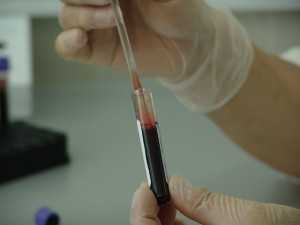 For a child, there may be no greater joy than knowing who your real parents are. For any man, fathering a child could be a highlight in their life. That’s why establishing parentage is the key to the giant puzzle we call life.
For a child, there may be no greater joy than knowing who your real parents are. For any man, fathering a child could be a highlight in their life. That’s why establishing parentage is the key to the giant puzzle we call life.
Back when complications are far less evident, voluntary acknowledgement is enough to establish the blood ties between a father and a child. Such practices, though still existent, may not suffice today, especially with issues of infidelity and divorce among married couples.
Thanks to modern technology, determining biological relationships has become easier and more accurate. As the people behind DNA Plus put it, science is still your best option when determining cases of infidelity or doubts in the parentage of a child.
The Parental Issues
The years of growing a baby can be a source of happiness for some couples. Nevertheless, we have to face the reality of the world. In light of fidelity issues, test tube babies, and surrogate mothers, establishing parenthood may not be as simple as it sounds.
In Thailand, local authorities have cracked down on the business of surrogacy in the hopes of putting matters within control. While the Thai government recognizes the surrogate mother as the real mother of the child, the issue only serves to highlight complications in establishing parenthood.
When in Doubt, Test
If people were a bit faithful, there won’t be any need to establish parenthood. In the earlier days, it was just up to the mother to point out who the father of her baby is. If that were the case today, those who are living a promiscuous life would be supporting children born out of premarital engagements.
Good thing technology has found a way to remedy these complications. Thanks to DNA testing, people can avoid such situations and find out the truth behind a child’s parentage.
The great thing about DNA testing is the accuracy — reports say 99.9% of DNA results are accurate. When you are asking for child support from a partner who left you behind, you can use DNA test to back up your claim.
As they say, you can deny being a parent to child, but you cannot refute the results of a DNA test.